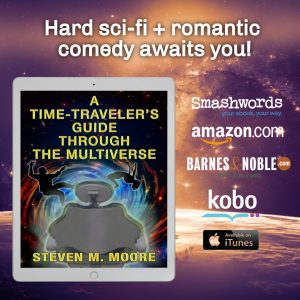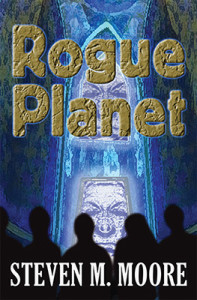Op-Ed Pages #17: My fear…
September 22nd, 2020Except for those uncaring citizens who aren’t up on the news, or who only watch Fox to reaffirm their crazy adoration of Trump and belief in conspiracies, most of us in the US, even around the world, recognize that Il Duce is a liar, cheat, pervert, and criminal. It doesn’t take his ex-fixer Cohen or Watergate journalist Woodward to tell us that. We have plenty of evidence by now that he should never have been president, that he’s the worst US president ever, and that the rest of the world will consider the US voters idiots if we reelect Narcissus le Grand.
My real fear, though, is that Trump is such a psychotic and paranoid sociopath that he will do anything to remain in power and realize his ambition to be like those other autocratic presidents-for-life like Kim, Putin, and Xi, whom he admires so much. (What does Putin have on Trump? Both Dan Coats and I want to know!). And that might just include destroying the world if this foul-mouthed schoolyard bully can’t have his own way. He thinks he’s surpassed Obama and Bush. Yes, but not in the way he thinks. Barack was super-presidential, smart, and gifted; and Dubya even shines in comparison to Il Duce. Trump’s become the worst of the worse as far as bad presidents go. And his statement about twelve more years might mean he wants to surpass FDR and stay in power forever.
His supporters must be too stupid to realize how dangerous this man is. He doesn’t give a rat’s ass about their problems; he just cares about himself. Everything he was impeached for was a high crime and misdemeanor, and the Good Ole Piranhas in the Senate let him get away with it because they drink his poisoned Kool-Aid. Everything in the Mueller report was impeachable too, but Mueller didn’t have the balls to prosecute, leaving that to Congress, which failed America twice by not getting rid of “the f&^%ing moron” (SecState Tillerson quote, without the &^%). How many cases are pending in the SDNY court now? Trump doesn’t want to lose because he’ll end up in jail!
It’s sad. My litmus test for even talking with people now is whether they are Trump supporters. Trump has succeeded in dividing us, and he’s destroyed the GOP—there are few true conservatives left, just Trump sycophants. I don’t want anything to do with Trump supporters. I know you might want to shoot me, spit on me, boo me, shout me down, spit in my face, like the unthinking wild lemmings you are, but I’ll just walk away. You’re despicable human beings, so I’ll avoid you. In my old day-job, I had to suffer fools gladly; I don’t have to do that anymore. But I fear you’re going to destroy the country I love, and Trump is leading the charge to kill democracy.



